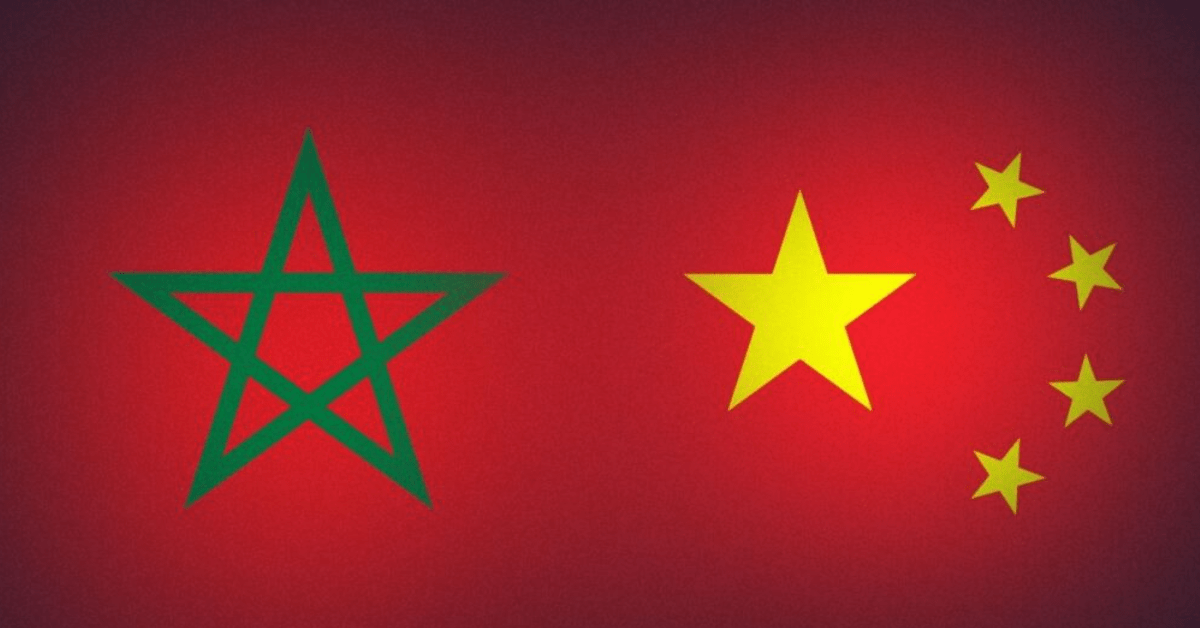Address: 119 Bd de la Résistance, Casablanca 20000
Opening hours :Mon - Fri: 9am-12.30pm and 2pm-6pm Sat: 9am-12pm
Address: 119 Bd de la Résistance, Casablanca 20000
Opening hours :Mon - Fri: 9am-12.30pm and 2pm-6pm Sat: 9am-12pm

Setting up a company in Morocco as a Chinese investor is not only possible, but highly encouraged by Moroccan authorities. Thanks to the strong diplomatic and economic ties between China and Morocco, the process of establishing a business has become increasingly streamlined, especially in strategic sectors like infrastructure, renewable energy, digital development, and agriculture.
Morocco is considered one of Africa’s most business-friendly nations. With:
Chinese companies are increasingly turning their attention to Morocco as a launchpad into the African and European markets.
Chinese entrepreneurs can choose from several business structures in Morocco. The most common forms include:
Ideal for small and medium enterprises.
Best for larger investments and joint ventures.
Choose between SARL, SA, or branch. You’ll need:
Apply for a Negative Certificate from OMPIC to confirm your business name is available. It is valid for 90 days.
A physical office or virtual address (domiciliation) in Morocco is required. Many foreign businesses lease offices in business centers in Casablanca or Tangier.
Deposit initial capital and obtain a deposit certificate.
Submit your registration to the Commercial Registry. Once approved, you’ll receive your Company Registration Certificate.
Register your company with the local tax bureau. You’ll receive a tax ID and must understand your tax obligations:
After registration, convert your preparatory account into a formal business account.
Work with a certified accountant to handle payroll, VAT declarations, and compliance.
A Chinese client recently engaged in the equity acquisition of a Moroccan SA company. Here are key learnings from the process:
Yes. Even if the shareholders approve the transfer through a resolution, the equity transfer must still be registered with the Moroccan Commercial Registry and tax authorities.
Both parties must prepare identity documents, the share transfer agreement, notarized signatures, and company documents such as articles of association and board/shareholder resolutions.
Yes. Documents can be notarized and legalized in China by following the official authentication procedure through a notary.
At least three original copies of the equity transfer agreement should be prepared, all in French, as it is the official legal language used in Moroccan registration procedures.
Equity transfers in Morocco may be subject to registration fees or capital gains tax. The specific rate depends on the nature of the transfer and the legal status of the parties involved. Consulting with a tax expert is essential.
The resignation of the outgoing director and the appointment of the new one must be recorded in shareholders’ resolutions, registered with the Commercial Registry, and published in a legal announcement journal.
This shows that a meticulous, document-based process is needed and should be handled by an experienced international legal team.
Before a Chinese entrepreneur can work or live in Morocco:
Work permits are generally valid 1 to 3 years and renewable. Without them, foreigners cannot open local bank accounts or buy property.
According to Moroccan diplomats, seven sectors are especially favorable for Chinese companies:
Exporting from Morocco to USA offers low tax benefits. Recent updates changed the previously free trade terms to a 10% tax rate. Morocco-USA trade relations remain strong. When exporting, products must display ‘Made in Morocco’ labels, not ‘Made in China.
Opening a company in Morocco as a Chinese investor is a strategic, well-supported move that taps into a high-growth, welcoming market. Whether you’re registering a new SARL or acquiring an existing SA, understanding legal steps, tax compliance, and visa regulations is critical.
By leveraging Morocco’s location, trade ties, and legal infrastructure, Chinese businesses can establish a strong foundation for long-term growth across Africa and Europe.
If you need step-by-step support with equity transfer, company setup, or visa processing in Morocco, our local team is ready to help.

Let BH Adviser be your trusted partner on the ground. From legal setup to strategic planning, we simplify the process so you can focus on growing your vision